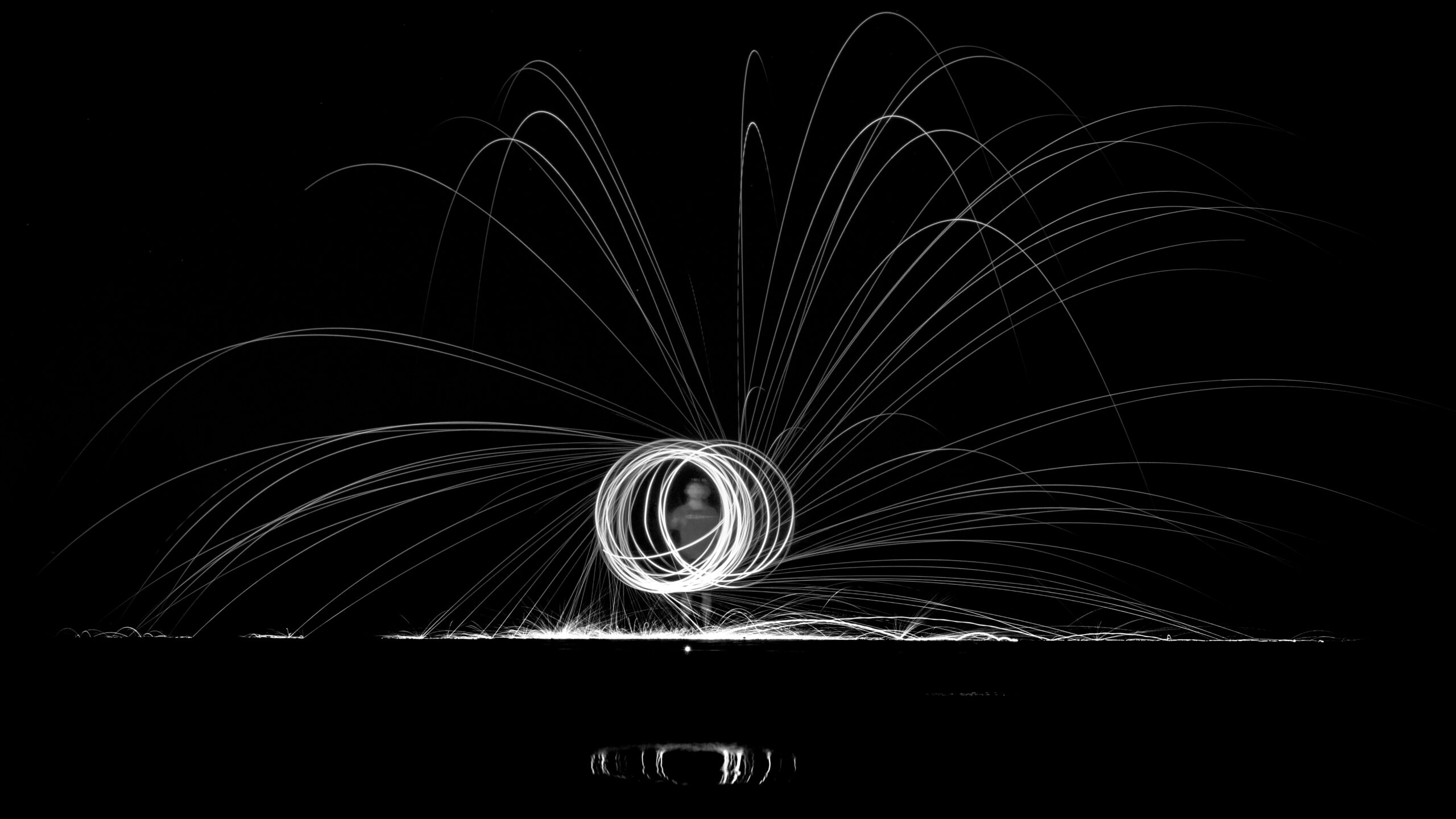Case Title: C.N. Shantha Kumar Versus M.S. Srinivas (Arising Out Of Slp (Criminal) No. 4370 Of 2023)

The Supreme Court of India recently in a judgment, addressed a criminal appeal arising from SLP (Criminal) No. 4370 of 2023 wherein the case involved a complaint filed under Section 138 of the Negotiable Instruments Act, 1881. Initially, the trial court convicted the appellant. However, on appeal, this conviction was overturned, and the accused was acquitted. The matter then reached the High Court through a revision petition, where the High Court reversed the appellate court’s acquittal and convicted the appellant.
The primary legal issue in this case involved the scope of the High Court’s revisional powers under Section 401 of the Code of Criminal Procedure, 1973 (CrPC). The appellant argued that under sub-section (3) of Section 401, the High Court lacks the authority to convert a finding of acquittal into a conviction while exercising its revisional jurisdiction. The respondent, on the other hand, argued for the merits of the conviction.
The Supreme Court, in its decision, focused on the procedural aspect rather than the merits of conviction. It emphasized that Section 401(3) of the CrPC explicitly prohibits the High Court from converting an acquittal into a conviction in its revisional capacity. The court found that the High Court had overstepped its authority in doing so in its judgment.
As a result, the Supreme Court deemed the decision of the High Court unsustainable. It noted that if the High Court was convinced of a wrongful acquittal, the proper course of action would have been to remit the matter back to the appellate court for re-appreciation, rather than directly ordering a conviction.
Hence, the Supreme Court remitted the case back to the appellate court which was the Additional District and Sessions Judge, and ordered both parties to appear before this court within four weeks from the date of the order. The appellate court was instructed to render an appropriate decision after considering the contentions of both parties.
This judgment underscores the importance of procedural correctness in the criminal justice system, particularly regarding the limits of revisional powers of higher courts. It reaffirms the principle that even if a higher court disagrees with an acquittal, it must follow the proper legal procedure rather than exceeding its powers.
By entering the email address you agree to our Privacy Policy.



